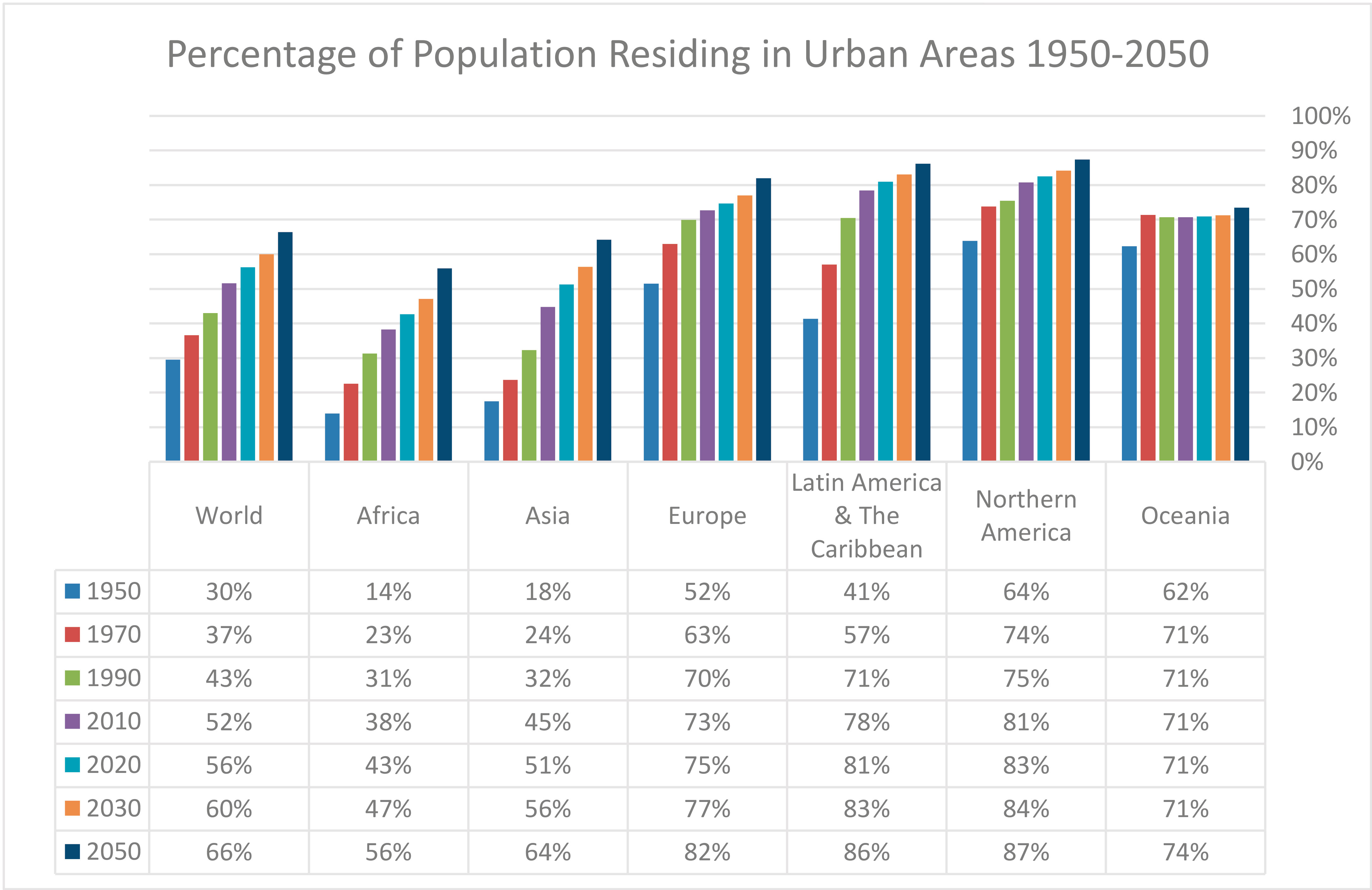MIPIM 2017, the European’s leading Real Estate Expo held in Cannes in March, served as a clear indicator of how global competition to attract investment has shifted from nations to regions and cities. With more than 2,000 attendees from 30,000 local and public authorities, an extraordinary presence of UK cities and over 100 sponsored conferences, local and regional governments displayed their charms to show how competitive, dynamic and innovative they are. Context in cities is changing at a pace never seen before.
Dealing with the circular economy, disruptive business models based on collaborative economy, attracting talent and creativity, fostering competitiveness, labor market transformation, diversity, geopolitics, increasing awareness on social and political issues or digital and physical security, are all topics in every Mayor’s agenda.In this environment of continuous change and scaling complexity, the concept of network society plays a substantial role in understanding how information flows and why people seem to demand more from their governments.

The term was coined by sociologists Jan van Dijk (The Network Society, 1991) and Manuel Castells (The Rise of the Network Society, 1996) to explain the emergence of a new form of social organization that is transitioning from face-to-face relationships and physical borders to a hyper-connected world. Digital networks transcend geographic boundaries, creating new global scale social spaces and communities that add to the already existing physical ones. These spaces are supported by digital platforms in which every user is a node that contributes with content to the overall community value. Opinion is formed in real time.
Communication now is better tailored to individual interests and users decide to what extent they engage, rendering mass media and traditional forms of communication practically obsolete. This network society poses new challenges for local governments to meet the expectations of residents who are better informed and increasingly demanding. In this environment, the digital gap is another source of inequality, differentiating those who are connected from those who are not.With a 60% of the world population expected to live in urban areas by 2030, cities are facing their biggest sustainability pressures since the start of the modern era.
Every city has its own issues and policy makers are expected to come up with viable solutions to provide broader, cost-effective and efficient public services. The action of local and regional governments benefits from the proximity to their constituents in a way that state governments cannot even dream of. A culture of innovation, continuous improvement, agility and participation, with technology as a key enabler, is crucial to building new capabilities, cope with a growing demand for public services that exceed available resources, and transition from a top-down bureaucracy to a governance model prone to vertical and horizontal collaboration.What is Public Governance?The International Monetary Fund (IMF) defines public governance as “the process by which public institutions conduct public affairs and manage public resources”.
Daniel Fletcher is Associate Professor of “Digital Trends & Tools for the City” in the Master in Real Estate Development at the IE School of Architecture & Design. An Economist by career, researcher, and CIO, Ass. Prof. Fletcher has more than 20 years experience in urban planning, technology, and real estate, both in the private and public sectors.

















Show Comments +